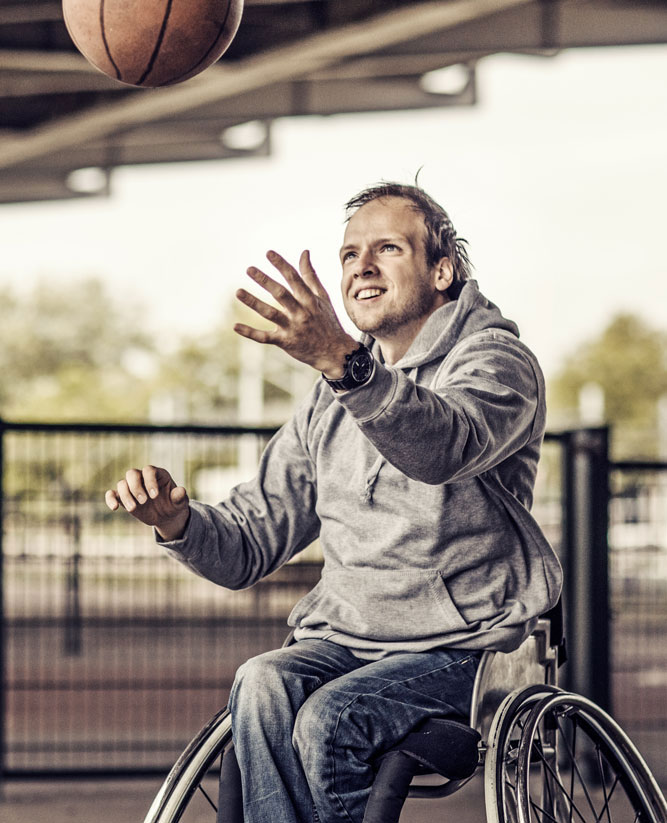What is Spina Bifida?
Spina bifida is a condition where a baby’s spine and spinal cord does not develop properly in the womb, causing a gap in the spine. This means nerves in the spine are exposed to amniotic fluid which causes damage.
Spina Bifida is a type of neural tube defect. The neural tube is formed early in pregnancy, and eventually develops into the baby’s brain and spinal cord.
Symptoms of Spina Bifida
Spina bifida is usually diagnosed during pregnancy, most commonly at the 20-week scan.
Where pregnancy continues, most babies** with spina bifida will have surgery soon after birth to close the opening in the spine. However, the nervous system will already be damaged causing various health issues, including bowel problems. This is known as neurogenic bowel dysfunction (NBD).
The movement of stool through the bowel and the urge to empty the bowel are controlled by nerves in the spinal cord, often damaged in spina bifida. This means faecal incontinence (leakage) and constipation are common in individuals with spina bifida.

In spina bifida, faecal incontinence (leakage) occurs because:
- No sensation in anus and rectum
- No feeling of urge to empty the bowel
- Inability to keep anal sphincter muscle closed
In spina bifida, constipation occurs because:
- Muscles that push the stool out do not work
- Stools become hard and dry
- Stools are painful and difficult to pass
Other symptoms linked to constipation are bloating, and abdominal discomfort.
**Pre-natal surgery is an option in some pregnancies and is now available on the NHS across the UK.
How common is Spina Bifida?

